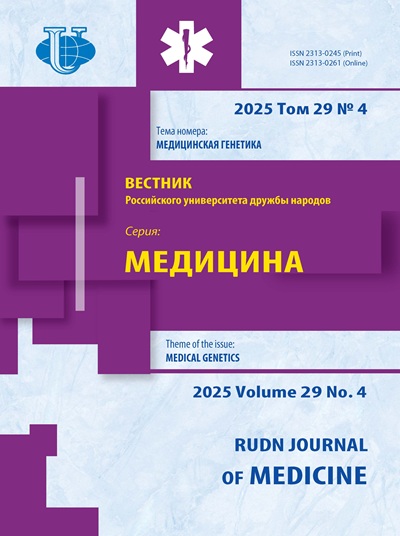State of the fermentable antioxidant system of blood, prostate secret and ejaculate at standard treatment of chronic abacterial prostatitis/syndrome of chronic pelvic pain (CAP/CPPS IIIA)
- Authors: Shangichev АV1
-
Affiliations:
- Rostov State Medical University
- Issue: No 3 (2009)
- Pages: 71-75
- Section: Articles
- URL: https://journals.rudn.ru/medicine/article/view/13596
- ID: 13596
Cite item
Full Text
Abstract
Activity of superoxiddismutase (SOD) and catalase (CT) in blood, secret of prostate and ejaculate of 42 patients with CAP/CPPS IIIA before and in 1 month after standard treatment, had been investigated. Activity of SOD in blood has been lowered in comparison with norm on 15,6% (p < 0,05), and in a prostate secretion and in ejaculate is increased on 42,1% (p < 0,05) and 38,1% (p < 0,05). КТ Activity was 24,5% (p < 0,05), 31,6% (p < 0,05) and 28,8% (р < 0,05) higher in blood, prostate secret and ejaculate before treatment. After treatment activity of SOD is in blood, prostate secretion did not differ from the control.
SOD Activity in ejaculate remained increased on 30,6% (p < 0,05). The indexes of catalase activity went down and did not differ from the control. Changes of SOD and CT activity in blood, prostate secretion and ejaculate of patients with CAP/CPPS IIIA testify to the expressed fermentation misbalance of antioxidant defense and about development of free radical pathology. Determination of SOD and CT activity in blood, secretion of prostate and ejaculate can serve as the biochemical criterion of development of inflammation and can be used for monitoring of efficiency of treatment of patients with CPPS IIIA.
SOD Activity in ejaculate remained increased on 30,6% (p < 0,05). The indexes of catalase activity went down and did not differ from the control. Changes of SOD and CT activity in blood, prostate secretion and ejaculate of patients with CAP/CPPS IIIA testify to the expressed fermentation misbalance of antioxidant defense and about development of free radical pathology. Determination of SOD and CT activity in blood, secretion of prostate and ejaculate can serve as the biochemical criterion of development of inflammation and can be used for monitoring of efficiency of treatment of patients with CPPS IIIA.
About the authors
А V Shangichev
Rostov State Medical UniversityКафедра урологии; Ростовский государственный медицинский университет; Rostov State Medical University
References
Supplementary files














